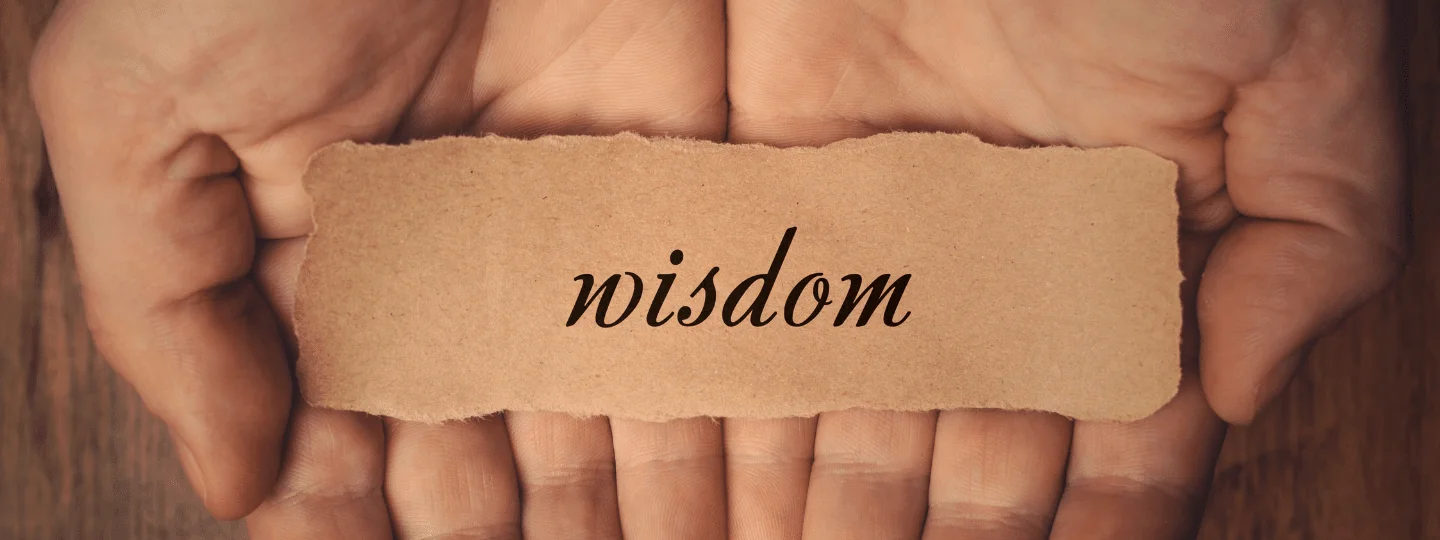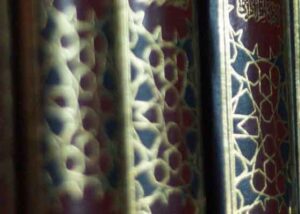Are weak Hadith always rejected?
Quran
Hadith
Islamic Text
No, they are used for certain aspects of the Deen.
According to Imam al-Nawawi and other great scholars of Hadith, there is agreement amongst the scholars that weak Hadith are used for certain aspects of the Deen. Weak Hadith cannot be used for the fundamentals of creed (Aqeedah) or legal rulings, but can be used for less significant issues.
وقد اتفق العلماء على جواز العمل بالحديث الضعيف في فضائل الأعمال
Indeed the scholars are in agreement regarding the use of weak Hadith regarding the virtues of good deeds. (Imam al-Nawawi, Muqadimah of the Forty Hadith, Dar al-Minhaaj page 43).
Some Muslims treat weak Hadith in the same way as fabricated or very weak narrations, this approach contradicts the view of the Imams of Ahl al-Sunnah. It is not permitted for later Muslims to contradict the methodology established by the rightly guided Imams of the past, rather we are instructed to follow the way of the early Muslims.
عِمْرَانَ بْنَ حُصَيْنٍ رَضِيَ اللَّهُ عَنْهُمَا، قَالَ: قَالَ النَّبِيُّ صَلَّى اللهُ عَلَيْهِ وَسَلَّمَ: «خَيْرُكُمْ قَرْنِي، ثُمَّ الَّذِينَ يَلُونَهُمْ، ثُمَّ الَّذِينَ يَلُونَهُمْ»
Imran ibn Husayn said that the Messenger of Allah ﷺ said, “The best of my community are my generation and then those who come after them and then those who come after them.” (Bukhari, 2651).
However, it is important not to go to the opposite extreme. Some people treat weak Hadith like Sahih Hadith, this is also incorrect and in complete contradiction to the methodology of the Imams of Hadith. Rather the scholars established rules for using weak Hadith, these rules must be followed when narrating weak Hadith.
وَمَنْ نُقِلَ عَنْهُ ذَلِكَ: ابْنُ حَنْبَلٍ، وَابْنُ مَهْدِيٍّ، وَابْنُ الْمُبَارَكِ، قَالُوا: إِذَا رُوِّينَا فِي الْحَلَالِ وَالْحَرَامِ شَدَّدْنَا، وَإِذَا رُوِّينَا فِي الْفَضَائِلِ وَنَحْوِهَا تَسَاهَلْنَا.
تَنْبِيهٌ: لَمْ يَذْكُرِ ابْنُ الصَّلَاحِ وَالْمُصَنِّفُ هُنَا، وَفِي سَائِرِ كُتُبِهِ لِمَا ذُكِرَ سِوَى هَذَا الشَّرْطِ، وَهُوَ كَوْنُهُ فِي الْفَضَائِلِ وَنَحْوِهَا، وَذَكَرَ شَيْخُ الْإِسْلَامِ لَهُ ثَلَاثَةَ شُرُوطٍ:
أَحَدُهَا: أَنْ يَكُونَ الضَّعْفُ غَيْرَ شَدِيدٍ، فَيَخْرُجُ مَنِ انْفَرَدَ مِنَ الْكَذَّابِينَ وَالْمُتَّهَمِينَ بِالْكَذِبِ، وَمَنْ فَحُشَ غَلَطُهُ، نَقَلَ الْعَلَائِيُّ الِاتِّفَاقَ عَلَيْهِ.
الثَّانِي: أَنْ يَنْدَرِجَ تَحْتَ أَصْلٍ مَعْمُولٍ بِهِ.
الثَّالِثُ: أَنْ لَا يُعْتَقَدَ عِنْدَ الْعَمَلِ بِهِ ثُبُوتُهُ، بَلْ يُعْتَقَدُ الِاحْتِيَاطُ.
It has been narrated from Ibn Hanbal, Ibn Mahdi, Ibn Mubarak, who all said, if Hadith regarding Halal and Haram are narrated then we are strict. And if Hadith regarding the virtues of deeds and the like are narrated then we are lenient.
Important Note: Ibn Salaah and the author did not mention here or in any of their books, any conditions except for this one. Namely, it (the weak Hadith) being used for the virtues of deeds. Shaykh al-Islam mentioned three conditions for it:
Firstly, the weakness cannot be severe, this excludes narrations that have liars in them, or narrations of those accused of lying, and those who make grave errors when narrating, al-Alai narrated agreement upon this condition.
Secondly, it must be in line with an established acted upon teaching (of the Deen).
Thirdly, when acting upon it (the weak Hadith) one cannot believe it to be a sound narration, rather one must keep in mind caution. (Imam al-Sayuti, Tadreeb al-Rawi volume 1 page 351 Dar Taybah).
And Allah (Most High) Knows best.
– Answered by Shaykh Noorud-deen (09.01.2021)
See also:






